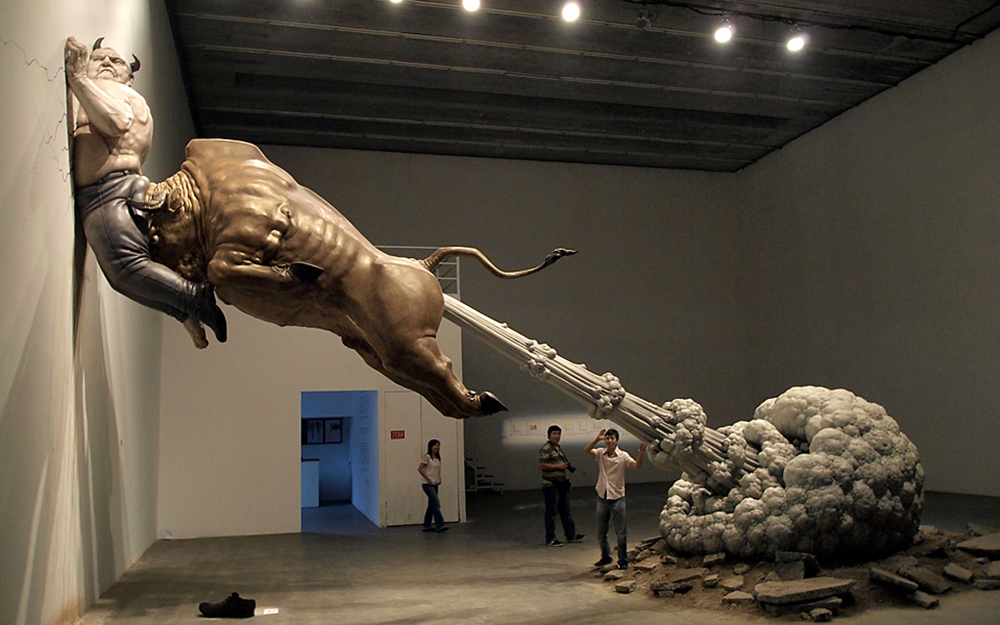
By Haddon Libby
“Bull markets are born of pessimism, grow on skepticism, mature on optimism and die of euphoria,” says John Templeton, founder of the Templeton Funds.
The 3rd quarter was the best 3rd quarter in six years with the U.S. stock market up 7.2% for the three month period. The 3rd quarter represented 70% of this year’s 10.5% return. If the past is any indicator, CFRA estimates that a good third quarter means that the stock market goes up on average by 4% during the last quarter of the year for nearly a 15% return for 2018.
The United States benefits from one of the strongest economies in the world right now due in large part to tax cuts, lower regulatory burdens (we don’t see those here in California), strong corporate profits and low (but increasing) interest rates. These factors have caused the U.S. economy to chug along at the highest growth rates in decades.
Strong stock market returns and a robust employment environment are here today but could be gone tomorrow. Where the forty largest economies of the world were growing one year ago, weakening and recessionary economies are emerging around the world. Italy, Spain, Portugal and Turkey are major headaches to the European Union.
Meanwhile, China is bordering on a recession with a banking system that is a fragile as a 50 year-old NFL quarterback (if one played). To combat the impact of U.S. trade sanctions, China has weakened its currency making the price of their goods cheaper than smaller countries in their region. By China propping up its economy in this manner, they create a contagion effect that causes other economies to fall into recession.
This recessionary draft caused by China is exacerbated interest rate increases here in the United States. Our interest rates make it harder for other governments to reduce their interest rates in combatting their slowing economies. Italy is in this situation now with a potential to sink the European Union. More on that in a future article.
With all of this as a backdrop, CNBC reported that 84% of the market’s 10.5% return for 2018 can be attributed to four companies: Amazon, Apple, Microsoft and Netflix. Leave those four out of the picture and the market is up only 1.7%. Looking outside of the United States, all other stocks around the world have declined by 1.5%. Emerging market countries including Brazil, China, India and Russia are down 9.5% where China is off by 15.6% so far this year.
Are we headed for a recession? Like death and taxes, the answer is obviously ‘yes’ – it is just a matter of when, how deep and how long.
Interest rates are a great leading indicator when it comes to the health of the economy. The Federal Reserve proved this when they increased the benchmark Federal Funds rate from 2% to 2.25% last week – the 3rd increase this year. As a result, the two year Treasury increase by nearly 1% to 2.8% so far this year while the 30 year Treasury has risen half of that to 3.2% meaning that the interest rate curve is flattening. While a flattening curve is not a problem, if the 10 year Treasury interest rate were to be lower than the 2 year Treasury interest rate, a recession is imminent. At present, the 10 year Treasury at 3.06% is 0.26% higher than the 2 year Treasury.
While everything looks okay at present, there are a lot of downside risk factors out there right now that could change our economic prospects in a hurry. This may be why the GOP are working with the Trump Administration on crafting “Tax Reform 2.0” that would make last year’s tax cuts permanent, double the child tax credit as well as tax cuts on small business.
If we are to heed Templeton’s words, was the 3rd quarter that euphoric moment?
Haddon Libby is the Founder and Managing Partner of Winslow Drake Investment Management and can be contacted at Hlibby@WinslowDrake.com. For more information on our award nominated services, please visit www.WinslowDrake.com.










































